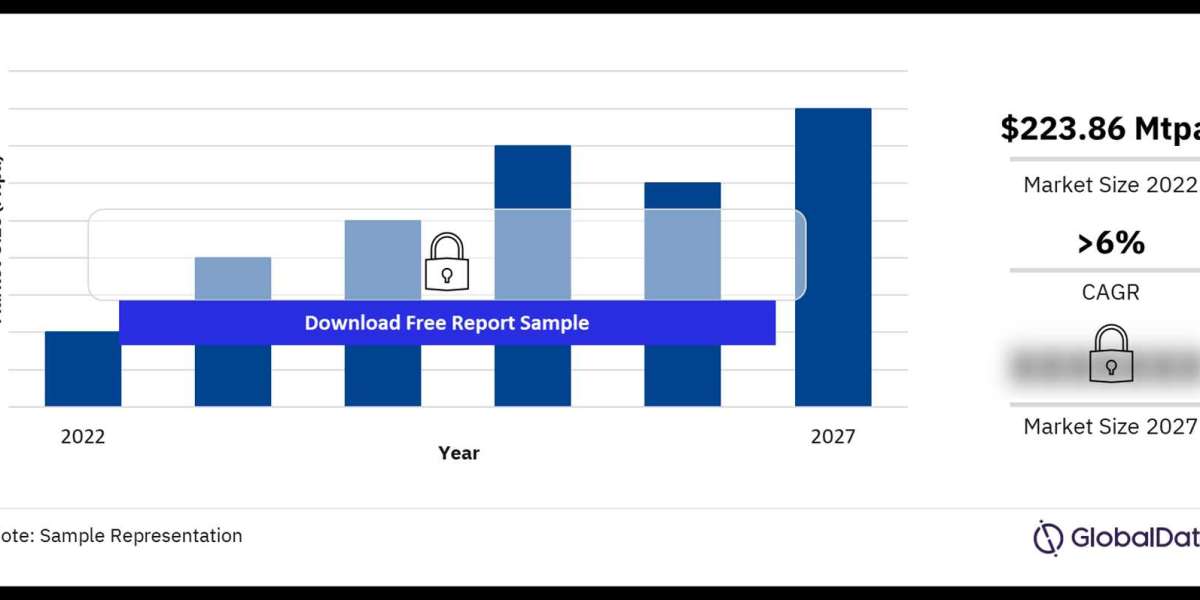Embarking on the journey of higher education can be a pivotal moment in one's career, and when it comes to the realm of business, an MBA in Finance stands out as a pathway to unlocking unparalleled opportunities. In this article, we will delve into the various aspects of pursuing an MBA in Finance, from eligibility criteria to the myriad career possibilities it opens.
Importance of Finance in Business
Before we explore the specific details of pursuing an MBA in Finance, it's crucial to understand the pivotal role finance plays in the business landscape. Finance is the lifeblood of any organization, and individuals equipped with advanced financial knowledge are in high demand across industries.
Eligibility Criteria for MBA in Finance
Academic Requirements
To embark on the journey of an MBA in Finance, aspiring candidates need to fulfill certain academic criteria. Typically, a bachelor's degree in business, finance, or a related field is a prerequisite. Some institutions may also consider candidates from diverse academic backgrounds, provided they demonstrate a strong foundation in quantitative and analytical skills.
Entrance Exams
Scoring well in specific entrance exams is often a gateway to reputed MBA programs. Common exams include CAT, XAT, and GMAT, each assessing different aspects of a candidate's aptitude. Achieving a competitive score is crucial for gaining admission to top-tier B-Schools.
Top Entrance Exams for MBA in Finance
Choosing the right entrance exam is a critical decision in the MBA journey. CAT (Common Admission Test) is widely recognized in India, while XAT (Xavier Aptitude Test) is another esteemed exam. International aspirants often opt for the GMAT (Graduate Management Admission Test) for global opportunities.
Choosing the Right B-School
The reputation of the business school can significantly impact the quality of education and career prospects. Factors such as faculty expertise, industry connections, and alumni networks should be considered when selecting the ideal institution.
Core Courses in MBA Finance
Once admitted, students undergo a comprehensive curriculum covering core financial principles. Subjects like Financial Accounting, Corporate Finance, and Investment Analysis form the bedrock of knowledge, providing a holistic understanding of financial management.
Specializations in MBA Finance
Beyond the core curriculum, MBA in Finance programs often offer specializations. These can range from Risk Management and Financial Planning to Investment Banking and Corporate Strategy. Choosing a specialization aligning with personal interests enhances career prospects.
Industry Demand for MBA Finance Graduates
The business landscape is dynamic, and companies across sectors seek skilled financial professionals. MBA Finance graduates are in demand for roles such as Financial Analysts, Investment Bankers, and Chief Financial Officers (CFOs).
Career Opportunities After MBA in Finance
The career avenues post-MBA in Finance are diverse. Graduates can explore opportunities in Banking, Consulting, and even Entrepreneurship. The versatile skill set acquired opens doors to leadership roles and strategic financial management.
Skills Required for Success in Finance
Success in the financial domain goes beyond academic qualifications. Analytical skills, attention to detail, and effective communication are vital. MBA programs focus not only on theoretical knowledge but also on honing practical skills essential for the industry.
Challenges and Rewards in Finance
The finance sector poses challenges such as market volatility and regulatory changes. However, overcoming these challenges can lead to rewarding career advancements and a sense of accomplishment. The journey is demanding but inherently fulfilling.
Tips for Successful Admission Process
Navigating the admission process requires meticulous planning. Aspiring candidates should start early, thoroughly research potential schools, and seek guidance from mentors or admission consultants. A well-crafted application and a compelling personal statement can make a significant difference.
Real-world Applications of MBA Finance
The theoretical knowledge gained during the MBA journey finds real-world applications. Finance professionals contribute to strategic decision-making, financial planning, and risk management, playing a pivotal role in organizational success.
Success Stories of MBA Finance Graduates
Illustrating success stories of MBA Finance graduates provides aspiring candidates with inspiration and insights. From leading financial institutions to contributing to societal change, these stories showcase the limitless possibilities post-MBA.
Conclusion
In conclusion, pursuing an MBA in Finance is a transformative journey that opens doors to a world of opportunities. The combination of academic rigor, practical skills, and industry exposure equips individuals to navigate the complexities of the financial landscape. As you embark on this enriching adventure, remember that success is not just about the destination but the journey itself.








